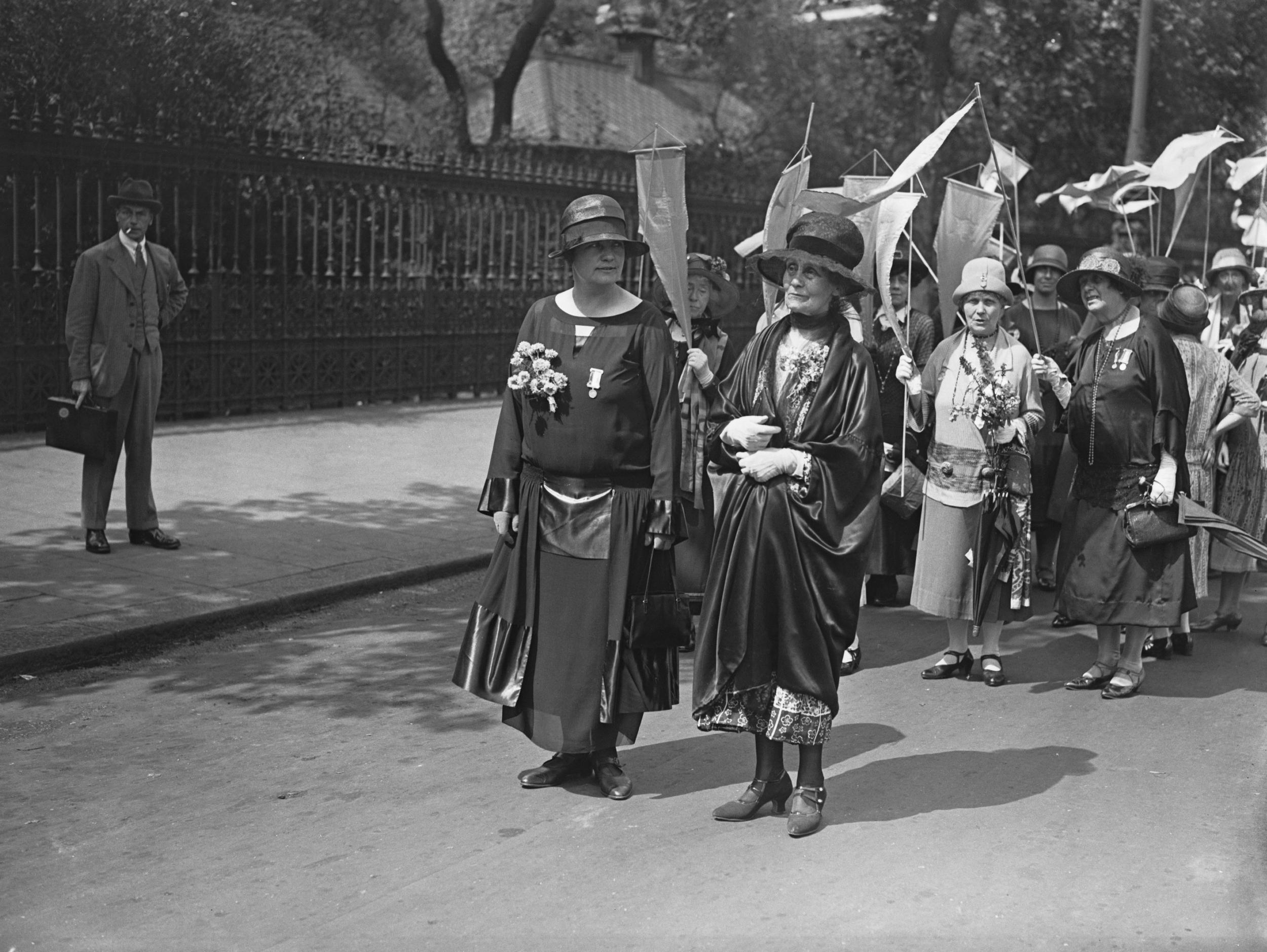On the centenary of some women gaining the vote, we must also remember the failings of early feminists
Remnants of Pankhurst’s colonial spirit still linger in modern feminism. Many still hold the belief that we must liberate, rather than listen to, women in different and direr circumstances than our own


Your support helps us to tell the story
From reproductive rights to climate change to Big Tech, The Independent is on the ground when the story is developing. Whether it's investigating the financials of Elon Musk's pro-Trump PAC or producing our latest documentary, 'The A Word', which shines a light on the American women fighting for reproductive rights, we know how important it is to parse out the facts from the messaging.
At such a critical moment in US history, we need reporters on the ground. Your donation allows us to keep sending journalists to speak to both sides of the story.
The Independent is trusted by Americans across the entire political spectrum. And unlike many other quality news outlets, we choose not to lock Americans out of our reporting and analysis with paywalls. We believe quality journalism should be available to everyone, paid for by those who can afford it.
Your support makes all the difference.Today marks the 100th anniversary of select women being given the right to vote in this country. The legislation in 1918 was piecemeal; it only allowed women who were over the age of 30 and occupiers of property or married to occupiers to vote in elections.
What might seem now like a thoroughly limited response to the suffrage movement was once a monumental development, and the centenary of this meaningful change should remind women of their power, resilience and progress.
The date of this anniversary happens to coincide with an important annual awareness day: International Day of Zero Tolerance for Female Genital Mutilation. The feminist calendar is rather full, and, as ever, reflection and gratitude must be balanced with insurgence.
Because it’s important that we don’t let basking in the achievements of the past distract us from focusing on the necessary changes of the future. While it’s been 100 years since certain British women were granted the vote, internationally, women are still being denied fundamental rights.
Last year, between April and June, there were 2,288 attendances reported at NHS trusts and GP practices where FGM was identified or a procedure for FGM was undertaken. These statistics, collected from healthcare providers in England, are only the tip of the iceberg, and it’s thought that over 130 million have undergone the procedure worldwide.
Female genital mutilation is just one of the injustices that so many women and girls will have to face in 2018. With the upcoming referendum in Ireland, we can dare to hope that this will be the year they choose to grant legal access to abortion. But, in several other countries, there’s less cause for optimism. Poland’s ruling party has announced its desire to place greater limits on an already oppressive abortion regime, and the US has spent the last year further restricting a woman’s ability to terminate a pregnancy. In El Salvador, even miscarriages can be met with a charge of aggravated homicide against the mother. Last year in India, a 10-year-old rape victim was denied an abortion by the Supreme Court.
The statistics and the stories reveal a desperate need for change. But, playing out feminism on the world stage has always been difficult to negotiate. While today, on this seminal centenary, we will reflect on the bravery of prominent suffragettes, if we want feminism to continue to make international progress, we must also remember the failings of some of its early activists.
Emmeline Pankhurst supported the prevalent belief that Britain had a duty, and a right, to morally govern the rest of the world. She said: “Some talk about the empire and imperialism as if it were something to decry and something to be ashamed of. [I]t is a great thing to be the inheritors of an empire like ours ... great in territory, great in potential wealth ... If we can only realise and use that potential wealth we can destroy thereby poverty, we can remove and destroy ignorance.”
Remnants of Pankhurst’s colonial spirit still linger in modern feminism. Many still hold the belief that we must liberate, rather than listen to, women in different and direr circumstances than our own.
But, we must strive to do what our foremothers didn’t. We must tread a very fine line – championing issues that don’t affect us but not shouting over the women who face them. If we are ever to truly and thoroughly minimise the damage of the patriarchy worldwide, we must develop a better cultural understanding and a more intersectional women’s movement. Only then will feminism be prepared to address international injustice, because we’ll be coming from an informed and understanding position, rather than one of removed superiority.
This will be the route to further meaningful progress, both in our own country and abroad.
Women’s rights are a global issue, and all oppressive practices must be rallied against. But in order to expand feminism’s reach, we must improve the movement itself. In 2018, we can’t settle for a piecemeal solution. Instead, we must demand more. “Rights for some” wasn’t good enough then – and it isn’t good enough now. We need to support and include the people and issues that are getting left behind.
Join our commenting forum
Join thought-provoking conversations, follow other Independent readers and see their replies
Comments